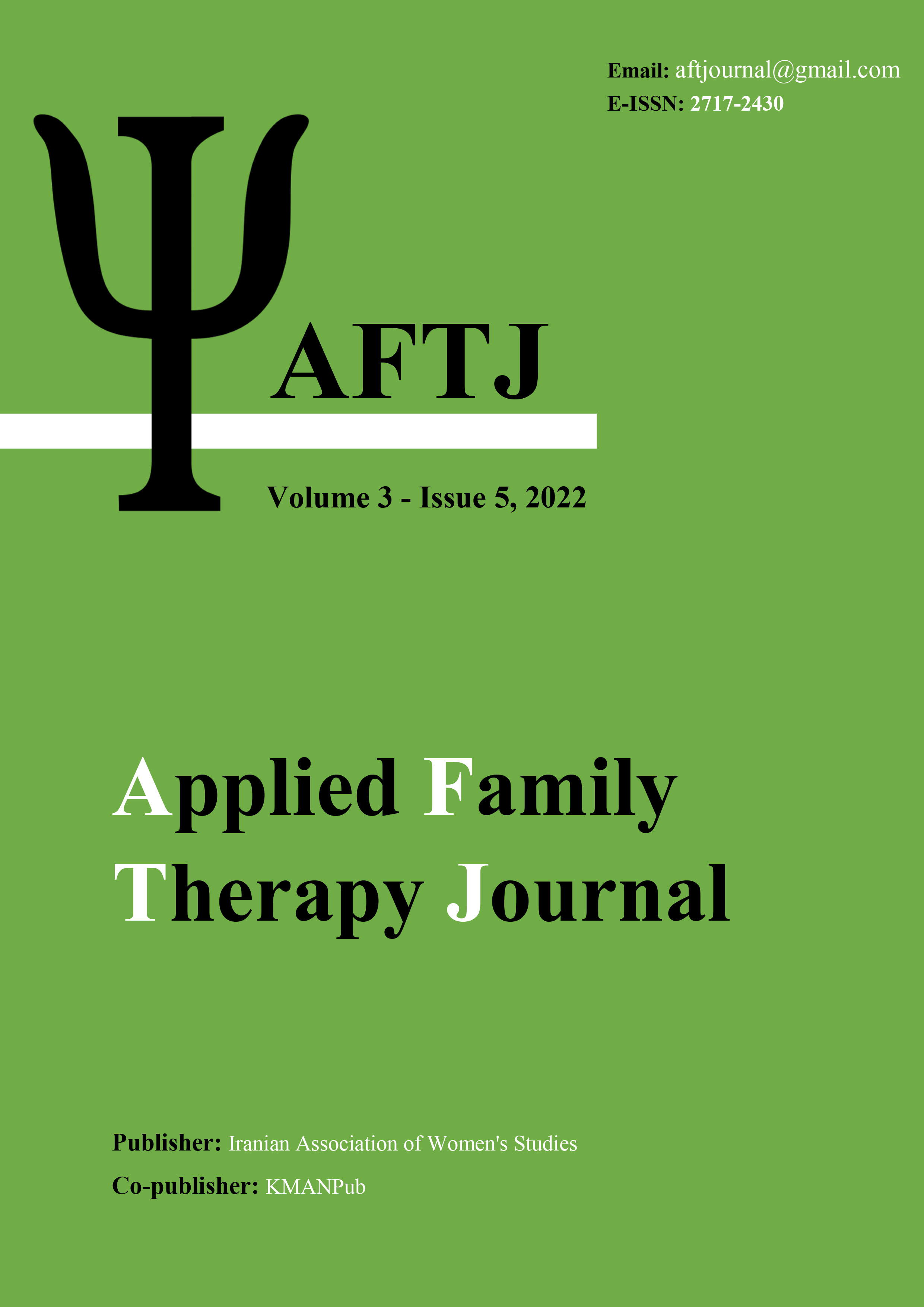The effectiveness of cognitive-behavioral therapy on improving the quality of life of dialysis patients referred to dialysis centers of Tehran University of Medical Sciences
Keywords:
Cognitive Behavioral Therapy, Improving Quality of Life, Dialysis.Abstract
Aim: The aim of this study was to evaluate the effectiveness of cognitive-behavioral methods on improving the quality of life of dialysis patients. Methods: The present study is applied and quasi-experimental and was designed and implemented as a pre-test-post-test with a control group. All outpatients treated with dialysis machine in medical centers affiliated to Tehran University of Medical Sciences in 2019-20. The statistical population consisted of the study. The data collection tool was a quality of life questionnaire related to kidney patients. After the implementation of the treatment protocol by the research team in 8 sessions of 90 minutes in the intervention group, data analysis using covariance test Multivariate and SPSS software version 24 were performed. Results: The results of the study showed that the treatment protocol based on behavioral methodology had an effect on all aspects of quality of life and resulted in an increase in the mean score compared to the pretest. There is also a significant difference between the groups, both in the general dimension and in the specific dimension of dialysis patients' lives. Conclusion: Based on the research findings, it can be stated that behavioral cognitive methodology is effective in improving the quality of life of dialysis patients and can be used as an effective intervention in improving the quality of life of patients.
Downloads
Downloads
Published
Issue
Section
License

This work is licensed under a Creative Commons Attribution-NonCommercial 4.0 International License.





















